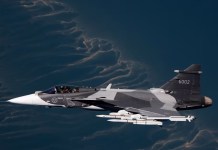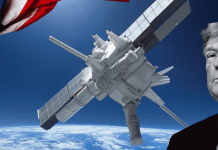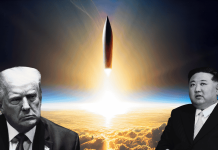US President Joseph Biden compared China’s potential invasion of Taiwan with Russia’s invasion of Ukraine in a joint news conference with Japanese Prime Minister Fumio Kishida.
Alarming Footage, Leaked Audio Exposes China’s ‘Ground Strike Plan’ To Attack & Gobble Taiwan – Watch
In a statement that shocked his office bearers, the US President said that the United States would intervene militarily in the event of a Chinese invasion of Taiwan, CNN reported. The unexpected assertion came as a deviation from Washington’s traditional approach of ‘deliberate ambiguity.’
“We agree with the One China policy. We signed on to it, and all the attendant agreements made from there, but the idea that it can be taken by force, just taken by force, is (just not) appropriate,” he said.
The US acknowledges the Chinese assertion that Taiwan is a part of the mainland under the “One China” policy, but it has never officially accepted Beijing’s claim to the self-governing island of 23 million people.
The US has been providing Taiwan with defensive weapons but has purposefully avoided confirming whether it would intervene militarily if the self-governing island comes under Chinese attack.
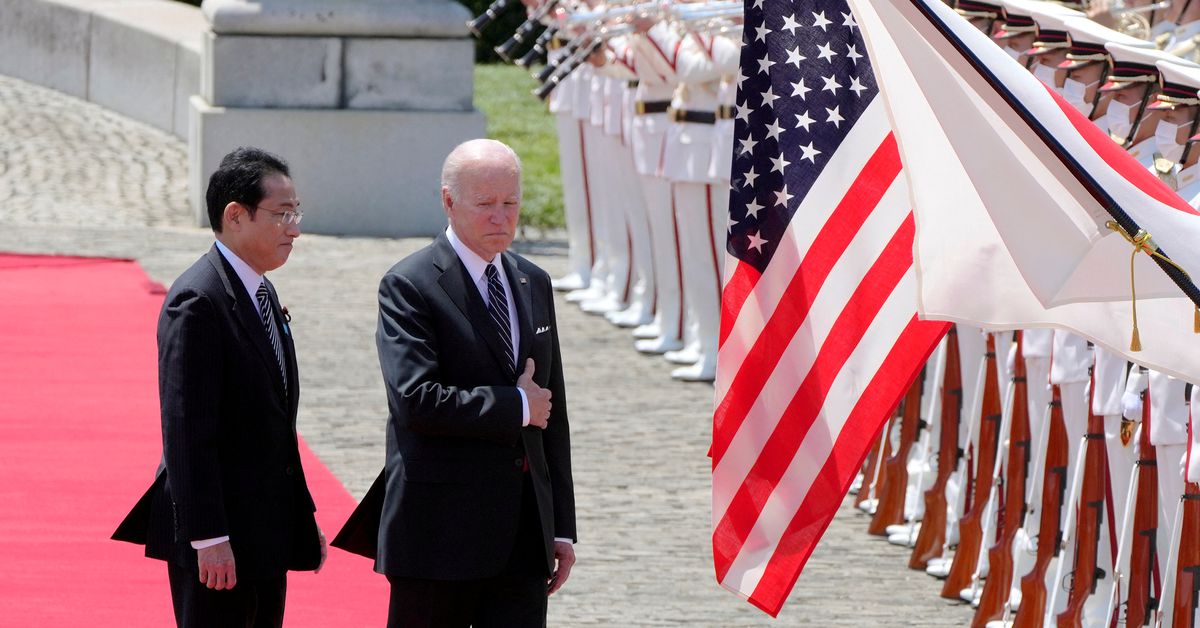
The US State department website reads – “Though the United States does not have diplomatic relations with Taiwan, we have a robust unofficial relationship as well as an abiding interest in maintaining peace and stability in the Taiwan Strait. Consistent with the Taiwan Relations Act, the United States makes available defense articles and services as necessary to enable Taiwan to maintain a sufficient self-defense capability.”
Biden’s remarks became significant as they were made at China’s doorsteps and amid prevailing tensions in the region. The US President’s Asia tour is intended to bring allies and partners together to confront China’s growing power.
The comments were made a day before Biden was to attend the Quadrilateral Security Dialogue’s (Quad) second in-person conference, also based on Beijing’s assertiveness in the region that directly affects every member of the grouping on some level.
NEW – Biden says the US would defend #Taiwan militarily against an invasion by China. pic.twitter.com/xxXEj1o2PJ
— Disclose.tv (@disclosetv) May 23, 2022
However, the President’s remarks threw off the top administration officials who were not expecting him to take a direct confrontational approach against China. In a statement following Biden’s remarks, a White House official said the US official position remained unchanged.
“As the President said, our policy has not changed. He reiterated our One China policy and our commitment to peace and stability across the Taiwan Strait. He also reiterated our commitment under the Taiwan Relations Act to provide Taiwan with the military means to defend itself,” the official said.
The tensions between the US and its allies backing Taiwan on the one hand, and China, on the other have been running high, with the latter sending out indirect signals of an imminent invasion of Taiwan and the US-led regional alliance committing more assistance to Taiwan to ward off the Chinese threat.
Meanwhile, there has been a solace in China as reports of the US backtracking Biden’s comments and the White House and the US media confirmed that there was no change in the ‘One China’ policy.
On Biden and Taiwan, a source familiar with the president’s thinking tells me there is *no* new US-Taiwan policy. When the president said the US would intervene “militarily”, he meant providing weapons, not deploying US forces – consistent with the 1979 Taiwan Relations Act. 1/
— Jim Sciutto (@jimsciutto) May 23, 2022
2/ This would also be consistent with US support for Ukraine, that is, weapons not boots on the ground. Though there are both Ds and Rs who are pushing for more ambiguity than clarity to, in effect, keep both Moscow and Beijing guessing.
— Jim Sciutto (@jimsciutto) May 23, 2022
China’s Invasion Of Taiwan
The fault lines between the US and China have become so stark in the Indo-Pacific region that as the US President embarked on his Asia tour, China conducted military drills with H-6J bombers armed with carrier-killer YJ-12 missiles in the West Pacific.
Two Xian H-6J strategic bombers of the #Chinese Air Force with YJ-12 anti-ship missiles on board completed a flight in the airspace of the #Philippine Sea, where the PLA Navy aircraft carrier strike group led by the Liaoning aircraft carrier performing its tasks. #China pic.twitter.com/XKPtr9QRHY
— OsintTv? (@OsintTv) May 18, 2022
Later, as President Biden began his tour, China started another military drill in the disputed South China Sea. Beijing claims almost the whole South China Sea, and the strategic waterway has become a possible flashpoint for Asian conflict, with Washington carrying out sporadic Freedom of Navigation Operations, to China’s dismay.
As per the latest reports, the current invader – Russia, and possible invader – China, used their strategic bombers — Tu-95MS and H-6K, respectively, to conduct joint air patrols in the Asia-Pacific region.
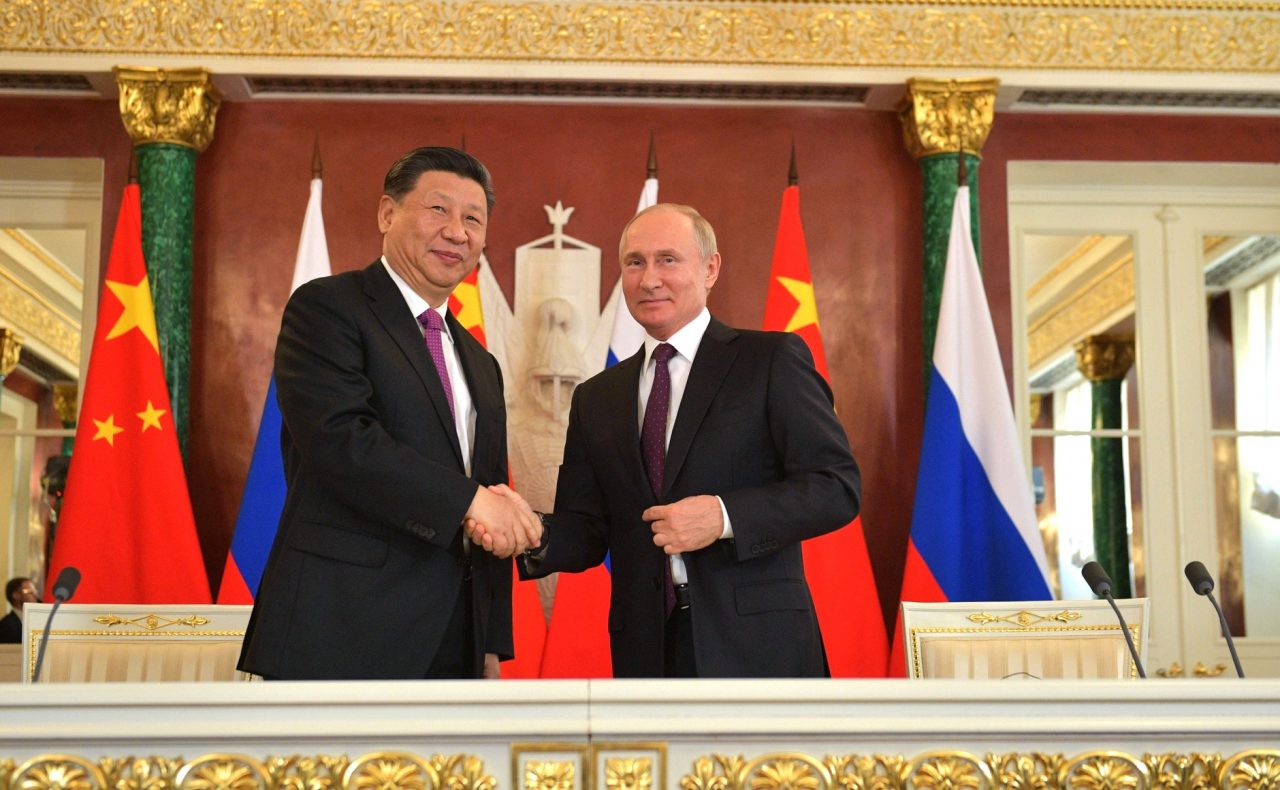
“On May 24, 2022, the Russian Aerospace Forces and the Air Force of the People’s Liberation Army of China conducted joint air patrols in the Asia-Pacific region. An air group consisting of Tu-95ms strategic missile carriers of the Russian Aerospace Forces and Hong-6k strategic bombers of the PLA Air Force carried out air patrols over the waters of the Sea of Japan and East China Sea,” the Russian defense ministry said.
It specified that the duration of the flight of Russian strategic missile carriers had been about 13 hours. Fighter escort for a group of bombers was provided by Su-30cm aircraft of the Aerospace Forces.
“At some stages of the route, the strategic missile carriers were escorted F-2 aircraft of the South Korean Air Force, F-15 of the Japanese Air Force,” the defense ministry added.
In the course of performing tasks, the aircraft of both countries acted strictly in accordance with the provisions of international law, it said. The event was held as part of the implementation of the provisions of the military cooperation plan for 2022 and is not directed against third countries, the Russian Defense Ministry noted.
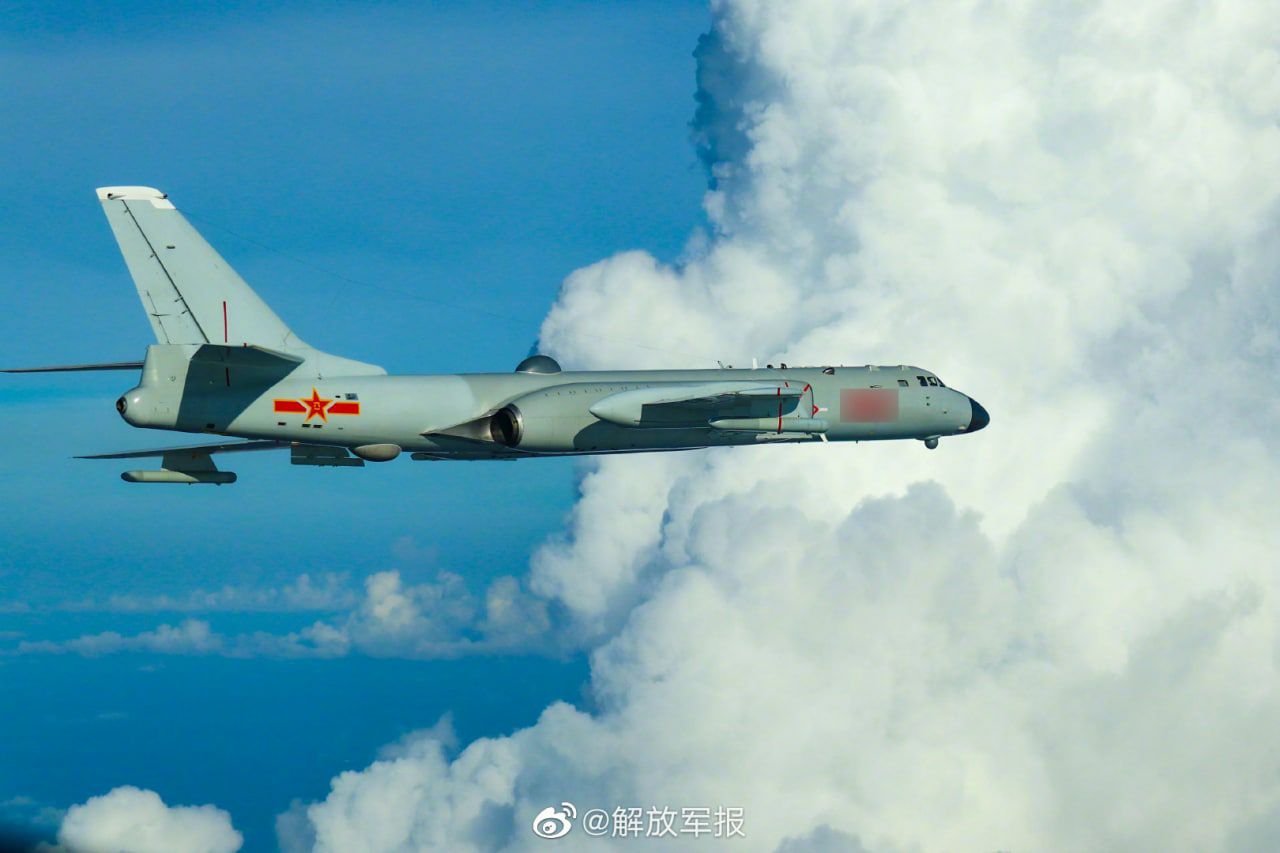
Earlier this month, the PLA performed maneuvers encircling and confining the Taiwan Island from the Philippine Sea to Taiwan’s east and from Japan’s south – a location that many feel is ideal for preventing external intervention if China were to start an armed reunification of Taiwan.
A couple of days later, a Chinese People’s Liberation Air Force (PLAAF) WZ-10 assault helicopter and two Ka-28 Helix anti-submarine warfare helicopters set a dangerous precedent by flying beyond the so-called “median line,” an unofficial boundary that runs along the middle of the Taiwan Strait.
The boundary that China refuses to recognize was demarcated with US help during the cold war era.
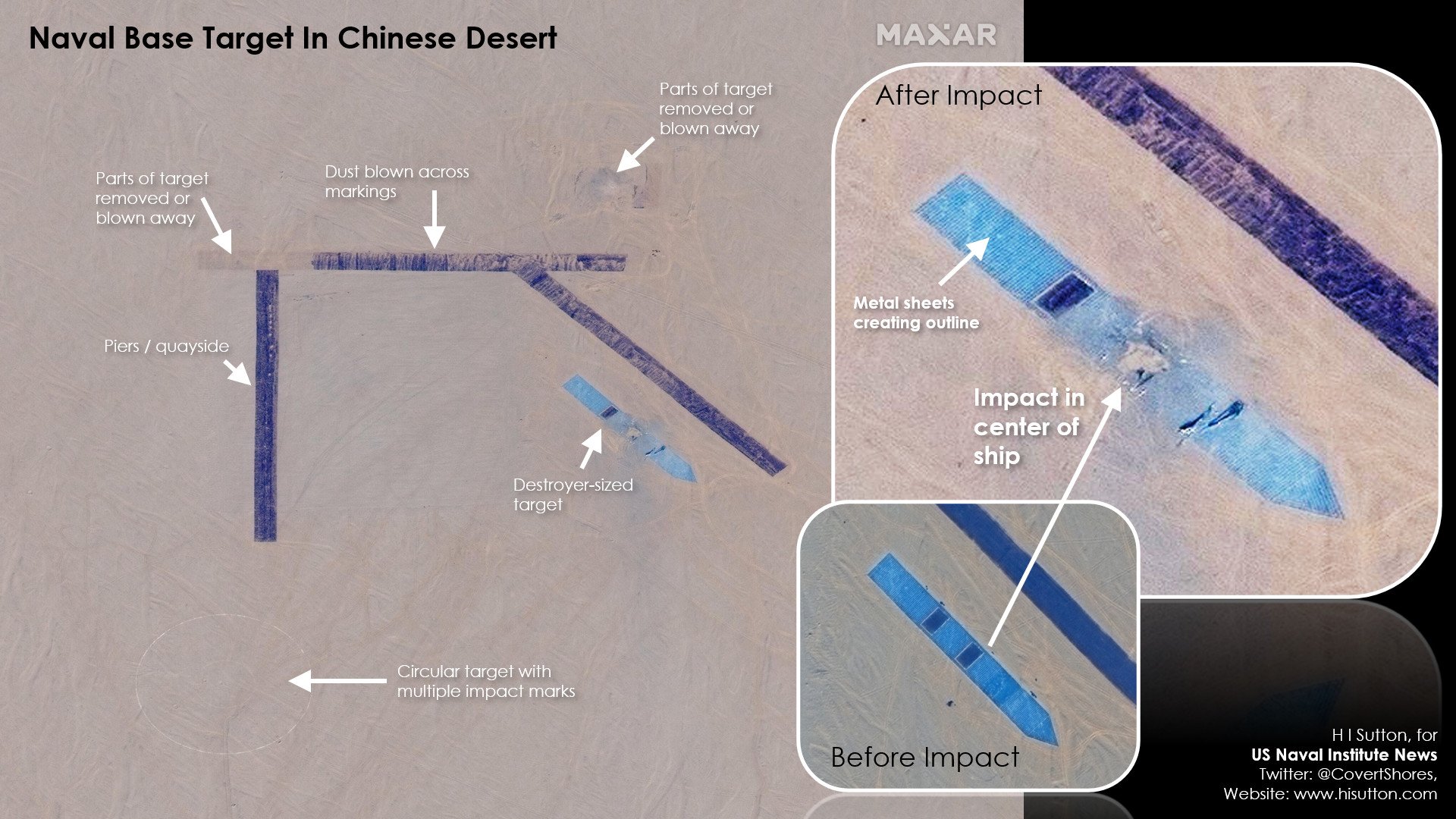
Not just this, satellite images obtained recently revealed that China has created a training base with the layout of a mock-up ship moored in a naval base resembling one in northeast Taiwan and other targets in Guam.
Another tranche of images obtained showed a mock-up of a Japanese Air Self Defense Force (JASDF) in the desert of Xinjiang, as recently reported by EurAsian Times.
Due to the geographical proximity of Taiwan to Japan, an invasion of Taiwan could potentially have security repercussions for Japan, thus pulling Tokyo and Washington into the conflict. China has hinted on several occasions that it would not shy away from reuniting Taiwan with the Chinese mainland by any means.
While the Taiwan Strait and the South China Sea remain visible flashpoints, China has been marching toward the Pacific to challenge the status quo of western influence and authority.
After signing a security pact with the Solomon Islands that could lead to a Chinese military base springing up just 2,000 kilometers from Australia, it is wooing Kiribati, which is near the American state of Hawaii.
On its part, the US has been reworking its deployments to secure volatile frontiers. However, it has acknowledged that there exists a problem of insufficient logistics if it was to go to war with China over Taiwan. The Chinese belligerence is the topic that has figured predominantly in Biden’s Asia visit.
China’s Ferocious Response
China quickly declared its “strong dissatisfaction and firm opposition” to Biden’s remarks, stating that no external force will be allowed to intervene in its “internal affairs.”
“On issues concerning China’s sovereignty and territorial integrity and other core interests, there is no room for compromise,” said Wang Wenbin, a spokesman for the Chinese Foreign Ministry.
“We urged the US side to earnestly follow the One China principle … be cautious in words and deeds on the Taiwan issue, and not send any wrong signal to pro-Taiwan independence and separatist forces — so it won’t cause serious damage to the situation across the Taiwan Strait and China-US relations.”
China will take resolute actions to safeguard its sovereignty and security interests, said Chinese FM spokesperson Wang Wenbin, "and we will do what we said." 2/2
— Zhang Meifang张美芳 (@CGMeifangZhang) May 23, 2022
“If it continues down the wrong path, this will not only cause irreversible damage to US-China relations, but will also in the end make America pay an unbearable price,” Wang said.
He quoted an old Chinese song: “When a friend comes, there is good wine; if a jackal comes, he will be greeted with a shotgun.”
Joanne Ou, a spokesperson for Taiwan’s Ministry of Foreign Affairs, told CNN that it “expresses sincere welcome and gratitude to President Biden and the United States government for reiterating its rock-solid commitment to Taiwan.”
With no change in the ‘One China policy,’ it appears that Beijing will continue to threaten Taiwan and go unabated with its provocative military drills in the region. Will Beijing actually attack Taiwan and endanger its trillion-dollar economy remains to be seen.
- Contact the author at sakshi.tiwari9555@gmail.com
- Follow EurAsian Times on Google News

